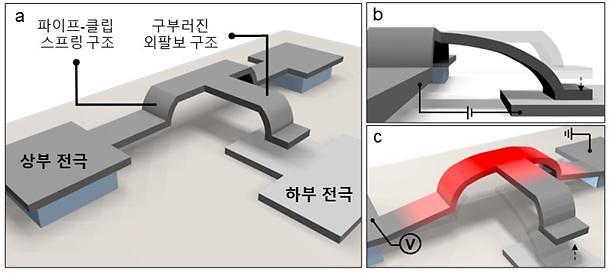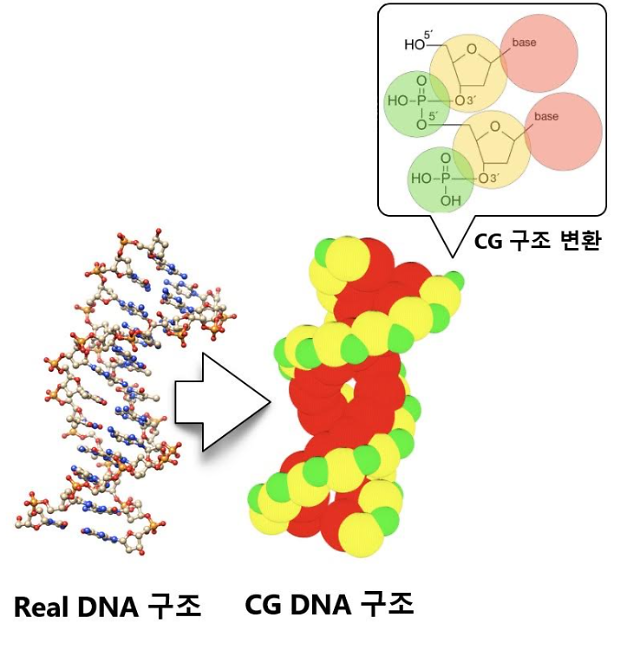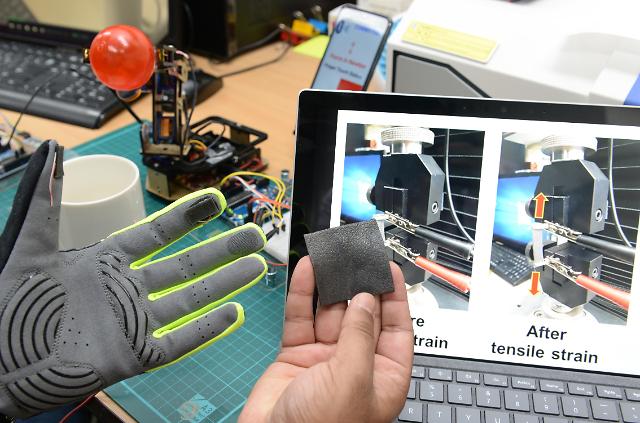
[Courtesy of KAIST]
Cosmic radiation, also known as primary cosmic rays, is charged particles that travel from astrophysical sources such as the sun with enormous amounts of energy. Atmospheric radiation is the flow of solar radiation (sunlight) and long-wave radiation (heat) between the sun and the earth's crust. The strength of atmospheric radiation is weaker than cosmic radiation because some energy particles are bounced back into space after they collide with in-air obstacles such as clouds.
Radiation can affect electronics through a single event effect and accumulative ionizing dose effects. A single blast of highly energetic particles can cause bit flip malfunctions in digital circuits or voltage spikes in analog circuits to "fry" them. Continuous doses of radiation can create electron-hole pairs in the electronics to change the transistor parameters and eventually destroy the components. Space crafts and aircraft receive higher doses of radiation than structures on the surface of the earth.
The Korea Advanced Institute of Science & Technology (KAIST) said that its research team developed a radiation-hard nanoelectromechanical non-volatile memory that consumes very little electricity. Instead of using a semiconductor memory, researchers used a nanoelectromechanical structure that physically moves to make contact with electrodes. Heat is created when the structure is moving.
According to KAIST, the researchers used the institute's semiconductor manufacturing facility to build a large-sized, eight-inch-wafer class component and found that the nanoelectromechanical device's electricity consumption is very low compared to other next-generation chips. Also, the component showed no sign of malfunctions including bit flips or electricity leaks after it was doused with high levels of radiation.
"This technology will become crucial in areas that require high radiation resistance and low electricity consumption such as artificial intelligence in space and super-stable autonomous driving systems." KAIST researcher Lee Yong-bok said in a statement on February 28.




